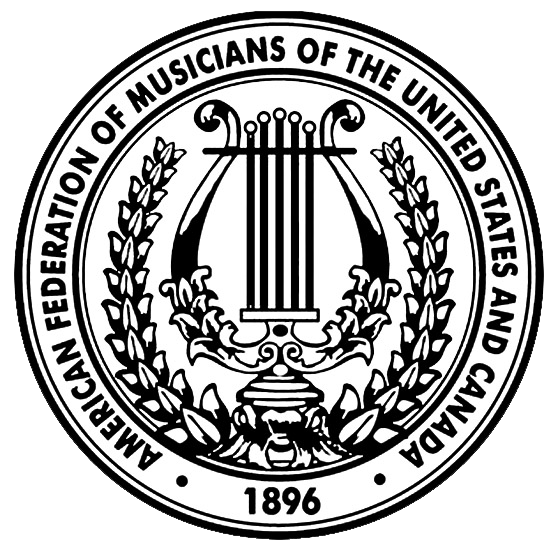AFM Speaks at FTC ‘Creative Economy and Generative AI’ Panel Discussion [Oct. 23]
On October 4, the Federal Trade Commission (FTC) hosted a virtual roundtable discussion to better understand the impact of generative artificial intelligence (AI) on creative fields. The discussion included representatives from a variety of creative areas who spoke about how these emerging tools are reshaping their respective industries and how they are responding to those changes.
Among the 12 representatives of various arts industries were: John August, screenwriter and member of the Negotiating Committee for Writers Guild of America West (WGA); Duncan Crabtree-Ireland, national executive director and chief negotiator at SAG-AFTRA; and Tim Friedlander, president and founder at National Association of Voice Actors (NAVA). AFM Electronic Media Services Division Director John K. Painting represented musicians in this important discussion.
Painting described the existential fights musicians have faced as they approach the potential disappearance of their livelihoods and, by extension, a component of humanity in our culture. He described several other times AFM musicians have faced diminished work due to advancing technology. First in 1942, when live performance and radio orchestras were threatened by recorded music, and more recently combating the encroachment of prerecorded music and virtual orchestras into live engagements.
He spoke about the current challenge with AI, “Compared to previous technological shifts, the job losses here could be steep: recording and scoring of all types can be wholesale replaced if composers and songwriters can replace the output of live, performing instrumentalists with an AI-generated facsimile. Producers may replace the composers and songwriters themselves. Live touring across all genres would be impacted, if bands and artists could tour with AI-generated backing musicians, holographic orchestras, and AI backing tracks.
“A machine-generated creation that utilizes a performer’s voice, face, or in our case, instrumental sound, without the actual participation of that performer in the creation is tantamount to replacing the performer entirely. It removes the human from the creative process and the performing process. When that happens, the work is gone, the wages are gone, the secondary residual wages are gone, but it’s more than just economics. The humanity contained within artistic and cultural expression will be gone, too.
“Solutions cannot merely be the bargaining of replacement remuneration if the job opportunities are replaced wholesale, or establishing minimum hiring requirements for producers who choose to be union signatory, or extensions of copyright law to establish a financial value to the performer’s material. That may be sufficient for those whose material is used to train these systems, but what will that mean for the young cellist practicing today? What will that mean for their job prospects in five, 10, or 15 years if recording work and orchestra work dries up?”
Painting concluded, “The solutions need to be wider than the traditional paths we’ve all taken, owing to the cultural damage the problem yields. As soon as it becomes broadly accepted that art no longer requires the involvement of human creativity, we will have crossed the point of no return. Consumers should not be expected to accept such an alternative at the same price points. Musical expression transcends cultures and time. It will always be a part of society, but that doesn’t guarantee it as a viable career. The endgame must be the protection of the profession.”
The entire FTC discussion can be watched online at: https://www.ftc.gov/media/creative-economy-generative-ai-discussion-october-4-2023.
